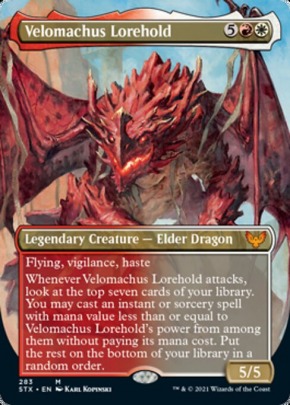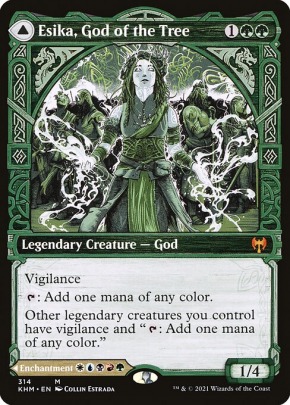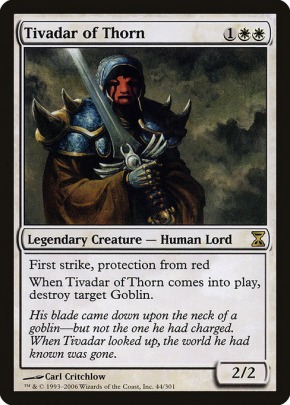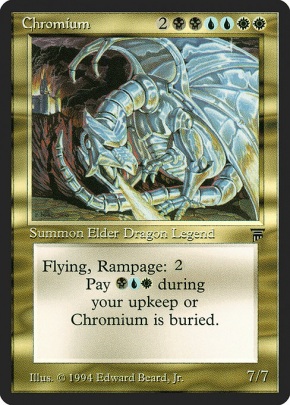For a while, this comment by tstorm823 has stuck in my brain like overcooked chicken sticks between your teeth. What is the epistemology of deckbuilding? Each question posed is certainly worthy of discussion, so I figured we should discuss them! So:tstorm823 wrote: ↑2 years agoYeah! There's the philosophical uncertainty I was looking for! What makes a deck "good"? Is statistical analysis the best perspective to reach the desired deck state. When a deck comes into its own, does the player determine the ethos of the deck, or does the deck determine its own ethos and we can only choose to accept or reject it? Let's get epistemological! From where does truth come?pokken wrote: ↑2 years agoI don't think we can really talk about optimizing so much And I think that is kinda what rubs me the wrong way about this whole idea of deck building templates (which is how this ultimately sniffs to me). What makes a deck "good" is a question that needs to be answered with "good at what?"
1. What makes a deck "good"?
Imho "goodness" is a quality 75% determined by expectations being met by the development and successful performance of a given deck. I like my decks to be able to consistently enact Plan A and be able to rebound after some roughousing. A "good" deck does both of these things. The other 25% is determined by the Rule of Cool. A "good" deck will let me play a larger number of cards I arbitrarily consider to be %$#% awesome than a mediocre or bad deck.
2. Is statistical analysis the best perspective to reach the desired deck state?
IMO it can be useful but play experience comes foremost in why and how I tune a "good" deck to be better.
3. When a deck comes into its own, does the player determine the ethos of the deck, or does the deck determine its own ethos and we can only choose to accept or reject it?
The third question is what truly fascinates me. I honestly think the deck may actually determine its own ethos. Certain decks and archetypes just operate certain ways within the context of magic, thus you can only either enjoy that aspect of the game or not. Is that not mechanical self-determination?!
Anyway, most of you are smarter than me. What do you folks think?








